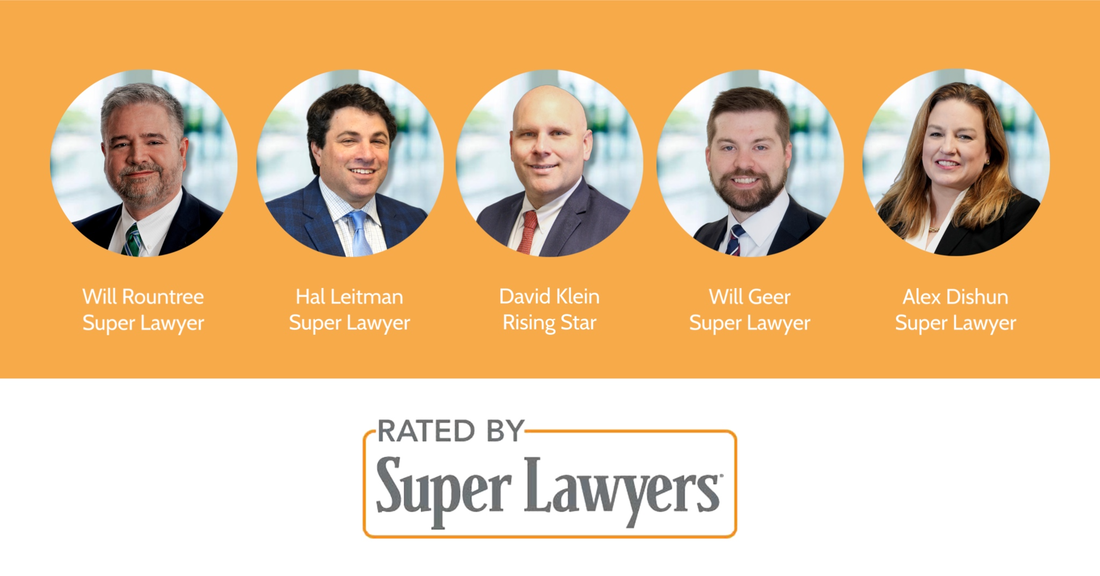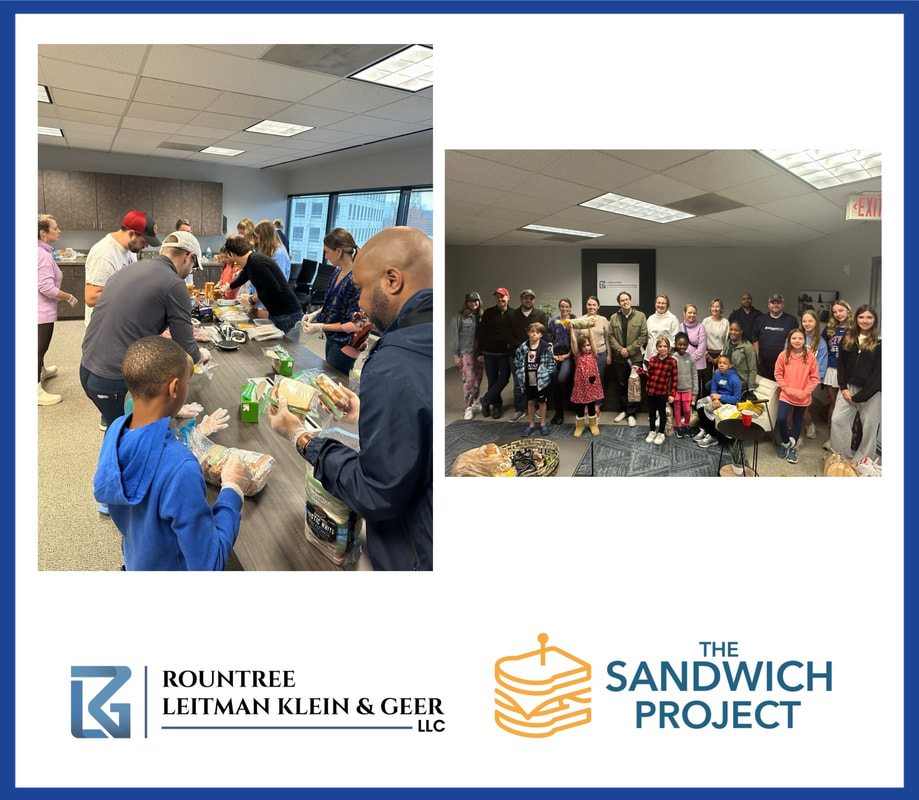|
Individuals Can File Chapter 11 Too
Chapter 11 is not just for small businesses and large corporations suffering insurmountable debt problems. Pursuant to Section 109(d) of the bankruptcy code, a person that may be a debtor under Chapter 7 (which is any individual) may also take advantage of the generous provisions in Chapter 11 to overcome their debt problems. Many high-income debtors will file a Chapter 11 if they fall outside the debt limits for Chapter 13. While many individuals with primarily business debts will be able to file a Chapter 7, regardless of income, Atlanta, Georgia Judge Wendy Hagenau recently ruled that an individual with primarily business debts who files a Chapter 7 and has a very high level of disposable income may be forced into a Chapter 11. Regardless of which Chapter you file, it is imperative that you consult with an experienced bankruptcy attorney prior to filing. The Benefits of Filing an Individual Chapter 11 Historically, individuals filed Chapter 11 bankruptcy when they exceeded the debt limits of Chapter 13. For instance, many celebrities and professional athletes are required to file a Chapter 11 rather than a Chapter 13 because they have far too much secured and unsecured debt. However, there are also a number of benefits in filing a Chapter 11 for people who would otherwise qualify for a Chapter 13.
If you want to talk more about the benefits of filing an individual Chapter 11 bankruptcy, call Rountree Leitman Klein & Geer, LLC at 404-584-1238 or fill out an intake form here.
0 Comments
Rountree Leitman Klein & Geer, LLC proudly announces that partners William A. Rountree, Hal J. Leitman, David S. Klein, Will B. Geer, and Alexandra M. Dishun have been honored as 2024 Georgia Super Lawyers. This prestigious recognition underscores Rountree Leitman Klein & Geer, LLC's commitment to excellence and leadership in the legal profession.
Super Lawyers is a rating service of outstanding lawyers from more than 70 practice areas who have attained a high degree of peer recognition and professional achievement. The selection process includes independent research, peer nominations, and peer evaluations. Each year, only the top 5% of attorneys in each state are selected as Super Lawyers, while only the top 2.5% of attorneys are selected as Rising Stars, making this recognition a significant achievement. "We are thrilled to have five of our partners recognized as Georgia Super Lawyers for 2024," said David S. Klein, Partner at Rountree Leitman Klein & Geer, LLC. "This honor reflects our firm's dedication to providing exceptional legal representation and our commitment to serving our clients with integrity and excellence." Founded in 2018, Rountree Leitman Klein & Geer, LLC has established itself as a leading boutique law firm in the Atlanta area, known for its comprehensive legal services and unwavering dedication to client success. With a focus on corporate and individual bankruptcy, commercial litigation, real estate litigation, and debtor-creditor matters, the firm's attorneys combine their expertise, experience, and innovative approaches to deliver outstanding results for their clients. Rountree Leitman Klein & Geer, LLC's team of attorneys includes some of the most respected legal professionals in Georgia, with a track record of success in these areas of law. The firm's commitment to professional excellence and client satisfaction has earned it a reputation for excellence and trust within the legal community and among clients. Filing bankruptcy has significant ramifications, and one that often slips under a parent's radar is the effect bankruptcy will have on the 529 qualified tuition program they have been diligently contributing to for the last several years. As a parent myself, I want to do the best I can to ensure that my daughers receive the absolute best education possible, and with tuition costs outpacing inflation by an astronomical rate, there is no telling how much a four-year degree will cost our family. That's why we, and many other parents, have been contributing a portion of our income to a tax-advantaged college savings plan. Unlike your 401k retirement plan; however, a 529 savings plan is not offered the same protections under the bankruptcy code.
What is a 529 Plan? A "529" college savings plan is aptly named for the tax code section creating it. The benefit of a 529 plan is that deposits grow tax-free and any withdrawals spent on education related expenses such as tuition and books are tax-free as well. There are, of course, heavy penalties for withdrawing funds to pay off creditors or take an Alaskan cruise with the family. 529 Plans in Bankruptcy. 529 college savings plans are offered a certain level of protection under the bankruptcy code; however, unlike your retirement accounts, your kids' 529 accounts are not completely sheltered from your creditors. You see, under the bankruptcy code, all property of the debtor as of the filing of the petition date becomes property of the bankruptcy estate. This is a separate entity controlled by the trustee assigned to your case. The trustee's job is to seize and liquidate all your non-exempt assets for the benefit of your unsecured creditors. Under Georgia law, certain property, such as $10,000 of equity in your house, virtually all your retirement savings in a 401k or IRA, certain dollar amounts in household goods, etc., can be claimed as exempt from liquidation by the trustee. Non-exempt assets are the property left over after you have claimed all your exemptions under either federal or state law, depending on where you are filing bankruptcy. In addition to exempt assets, the trustee cannot liquidate assets that are not property of the estate, which includes certain funds contributed to a 529 savings plan. Here's the run-down of what every parent should know about 529 plans in bankruptcy:
As more food for thought, funds contributed to a 529 savings plan will only be protected if the beneficiary is your child, step-child, grandchild, or step-grandcihld. No saving grace if the funds were contributed for your brother, sister, niece, or nephew. Rountree Leitman Klein & Geer, LLC Hosts Successful Charity Event Benefitting The Sandwich Project12/11/2023 Rountree Leitman Klein & Geer, LLC, a leading law firm committed to community engagement, hosted a charitable event at its office on December 10, 2023, to benefit The Sandwich Project. The event was a resounding success, bringing together members of the community for a common cause.
The Sandwich Project, a non-profit organization dedicated to alleviating hunger in our community, was the focal point of the event. Rountree Leitman Klein & Geer, LLC, recognizing the pressing need to address food insecurity, partnered with The Sandwich Project to make a positive impact in the lives of those facing hunger. Founded on the principle that a simple sandwich can make a substantial difference, The Sandwich Project focuses on providing nutritious meals to individuals experiencing homelessness and food insecurity. The organization's mission is to bring communities together to create and distribute sandwiches to those in need, fostering a sense of compassion and solidarity. The charity event hosted by Rountree Leitman Klein & Geer, LLC featured a range of activities, including a sandwich-making station where attendees actively participated in preparing meals for distribution. Employees and community members collaborated to assemble a significant number of sandwiches, emphasizing the power of collective action in addressing societal challenges. "We are thrilled to have had the opportunity to support The Sandwich Project in their noble mission," said William A. Rountree, a partner of Rountree Leitman Klein & Geer, LLC. "At our firm, we believe in the importance of giving back to the community, and partnering with organizations like The Sandwich Project allows us to make a meaningful impact on the lives of those in need." The event not only raised awareness about food insecurity but also generated financial contributions to support The Sandwich Project's ongoing initiatives. Rountree Leitman Klein & Geer, LLC expresses its gratitude to all participants and contributors who helped make this event a success. For more information about The Sandwich Project and how you can contribute, please visit https://www.thesandwichproject.org/. About Rountree Leitman Klein & Geer, LLC: Rountree Leitman Klein & Geer, LLC is an Atlanta-based law firm known for its commitment to legal excellence and community service. The firm places a strong emphasis on corporate social responsibility, actively engaging in initiatives that positively impact the local community. |
AuthorRountree Leitman Klein & Geer, LLC's blog is a resource provided to clients, prospective clients, and colleagues that discusses issues related to Personal Bankruptcy, Business Bankruptcy, Collections, and Litigation. Archives
February 2024
Categories
All
|
|
Our Office
Rountree Leitman Klein & Geer, LLC
Century Plaza I 2987 Clairmont Road, Suite 350 Atlanta, Georgia 30329 Telephone: (404) 584-1238 E-mail: [email protected] |
Navigation
|
Practice Areas
|
Rountree Leitman Klein & Geer, LLC is located in Atlanta, Georgia and serves clients in and around Atlanta, Decatur, Scottdale, Clarkston, Avondale Estates, Tucker, Pine Lake, Stone Mountain, Roswell, Alpharetta, Sandy Springs, Johns Creek, Peachtree Corners, Cobb County, Dekalb County, Forsyth County, Gwinnett County, and Fulton County. Attorney Advertising. This website is designed for general information only. The information presented at this site should not be construed to be formal legal advice nor the formation of a lawyer/client relationship. See our profiles at Lawyers.com, Martindale.com, and SuperLawyers.com. Copyright 2024 - Rountree Leitman Klein & Geer, LLC.




 RSS Feed
RSS Feed


